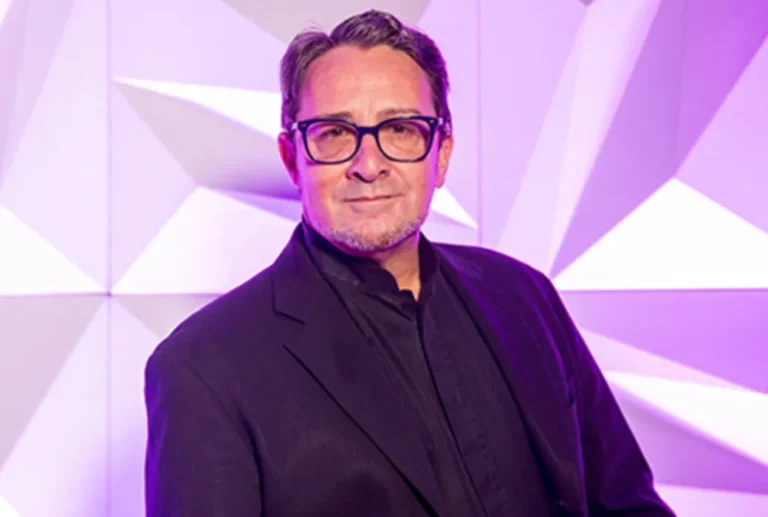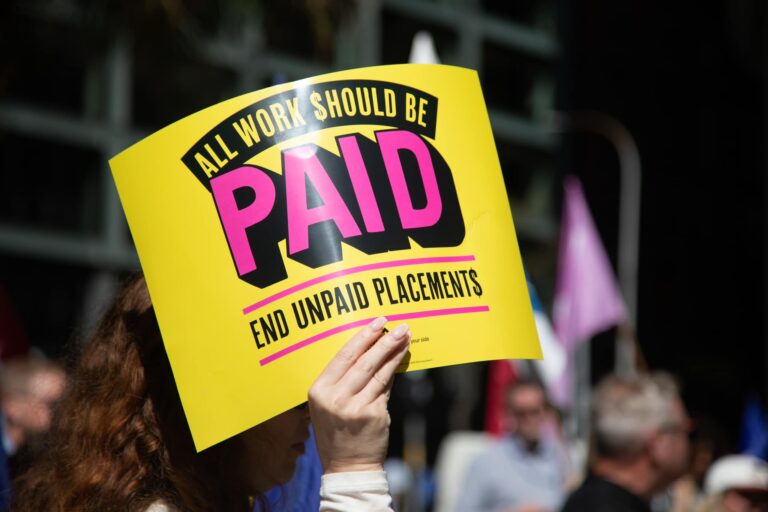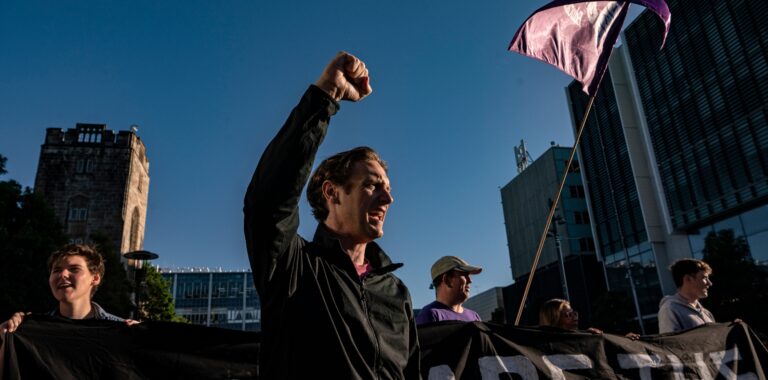
Is it a crime to expose war crimes?
By Annette Maguire
Private First Class Bradley Manning is a 22 year-old army intelligence analyst, formerly stationed in Iraq, who stands accused of releasing classified military information through the website, Wikileaks.
Specifically, he is accused of releasing video footage that shows American troops shooting and killing 11 people, including two Reuters employees, in Iraq in 2007.
News sources have also speculated about Manning’s involvement in the leak of over 90,000 secret documents (collectively known as the Afghanistan “War Diaries”) made public by WikiLeaks on July 25.
Manning has been held in solitary confinement since May 2010, awaiting a military trial. If convicted, the penalties he could face range from 52 years in prison to the death penalty. No charges have been filed against the soldiers responsible for the killing.
Supporters of Bradley Manning are calling for his immediate release and that all charges against him be dropped, regardless of which person or persons contributed to the release of the WikiLeaks documents. Filmmaker Michael Moore, who recently joined the Advisory Board for the Bradley Manning Support Network, stated: “Whoever is responsible for the Afghanistan [and Iraq] leaks is a courageous patriot who should be celebrated for bringing the truth of this war to the American people. Whether or not Pfc. Bradley Manning is the leaker, he must be set free.”
Hamish Chitts, a spokesperson for the Australian-based group Stand Fast, an organisation of war veterans opposed to the war in Afghanistan, explained that their support for Bradley Manning is grounded in international law. “He’s not a criminal. The information he’s allegedly released is very important, because it shows war crimes being committed.
“Under the international laws of military conflict, the individual participants in a war are answerable for their actions…So if a person knows of war crimes, it’s their responsibility to notify someone, anyone.
“And that applies in this case in particular, when the footage documents what is obviously a war crime. Technically he has done the right thing under international law.”
Chitts noted that since the Nuremberg Trials of Nazi officials held after World War II, where saying that “I was just following orders” was disallowed as a legitimate defense, international law has placed the onus on the individual to report war crimes.
After four months in custody with no legal representation, Manning recently selected a civilian defense lawyer. David Coombs, who has experience as a military trial lawyer and is a former law Professor, told CNN that his client appears to be in good spirits.
“Obviously, being in solitary confinement is very difficult. But the individuals at the confinement facility are very professional… And he’s aware of all the people who are rallying to his support. So his spirits are relatively good.”
Much of the contents of the “Afghanistan War Diaries” is still being deciphered from the raw military terminology it’s written in. However, among the more alarming information to emerge so far are the reports of fatal strikes against civilians.
In one case, a unit of Polish troops who were hit by a roadside bomb returned to their base and launched mortar strikes on a village, striking a house where a wedding party was under way. Julian Assange, the founder of Wikileaks, suspects that these troops committed a war crime. Assange says that there are 2,000 civilian deaths detailed in the reports.
What has received less media coverage is a section about civilian protest. These files report occasions when people have protested, whether against the government or the occupying army, and air strikes have been launched against them. The deaths of hundreds of unarmed demonstrators are recorded.
National security adviser for the Obama administration, Gen. James Jones condemned the disclosure of classified information, saying it “could put the lives of Americans and our partners at risk, and threaten our national security.”
However, Bradley Manning’s lawyer, David Coombs, responded by saying that the Diaries didn’t reveal anything that might jeopardise the military operation. Speaking to CNN, Coombs pointed out that the leaked documents did name a few Afghans who were co-operating with US forces, but he explained that because the names were spelled phonetically, they would be difficult for insurgents to track down – even if they were still in the same area years later.
Hamish Chitts, from the Australian-based Stand Fast, agrees. “The only ones putting people’s lives at risk are the politicians pushing this war…when we see no good reason to be there”.
Chitts believes that the prosecution of Bradley Manning is designed to send a message to personnel serving in the US military and other militaries around the world, that “if you do the right thing, you will be punished”. But he feels that vocal public opinion can have a crucial impact on the outcome: “The more the public rallies to his defense, the more likely it is that the most severe punishments can be avoided.”
At present, the Bradley Manning Support Network is gearing up for International Days of Action, from September 16-18. These actions are timed to coincide with the approximate dates of WikiLeaks’ next scheduled document release. They have also established a fund to cover legal costs, estimated at $100,000. Anyone wishing to contribute can do so at www.bradleymanning.org









